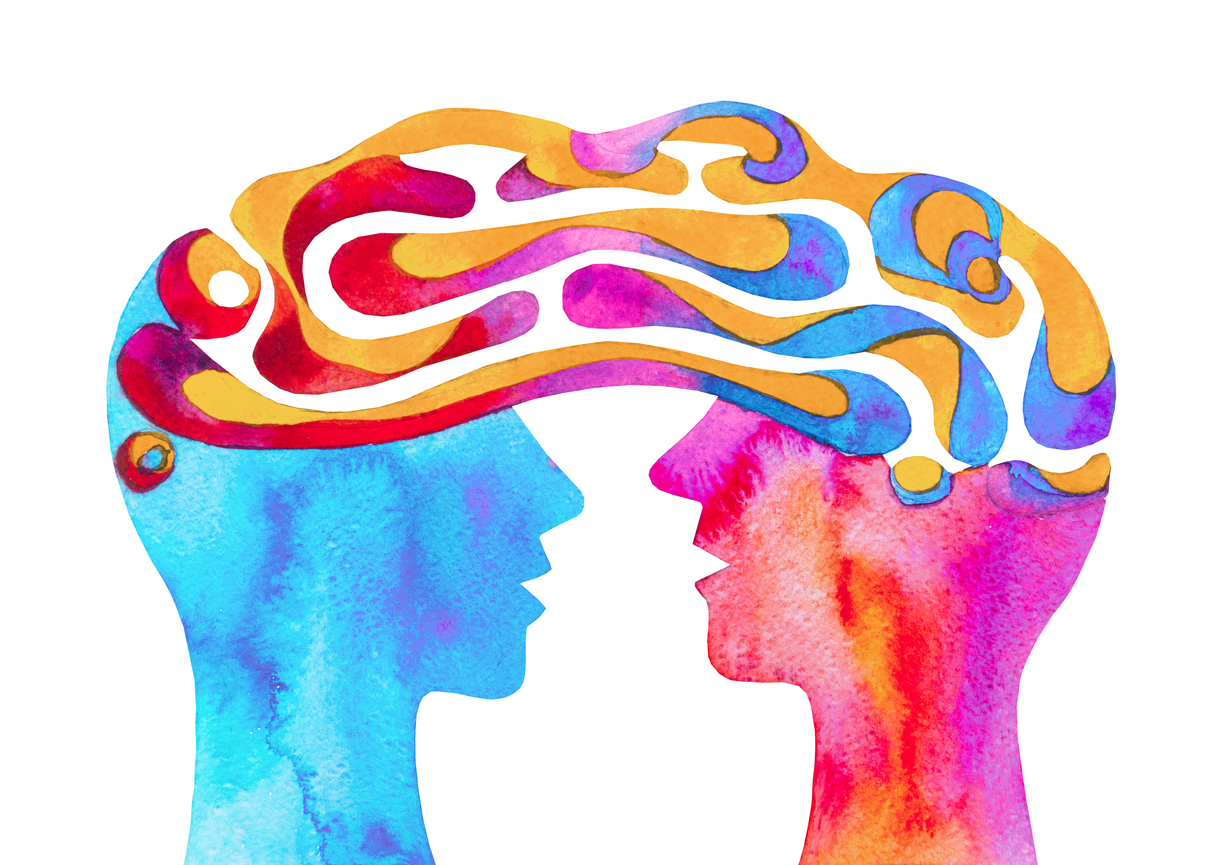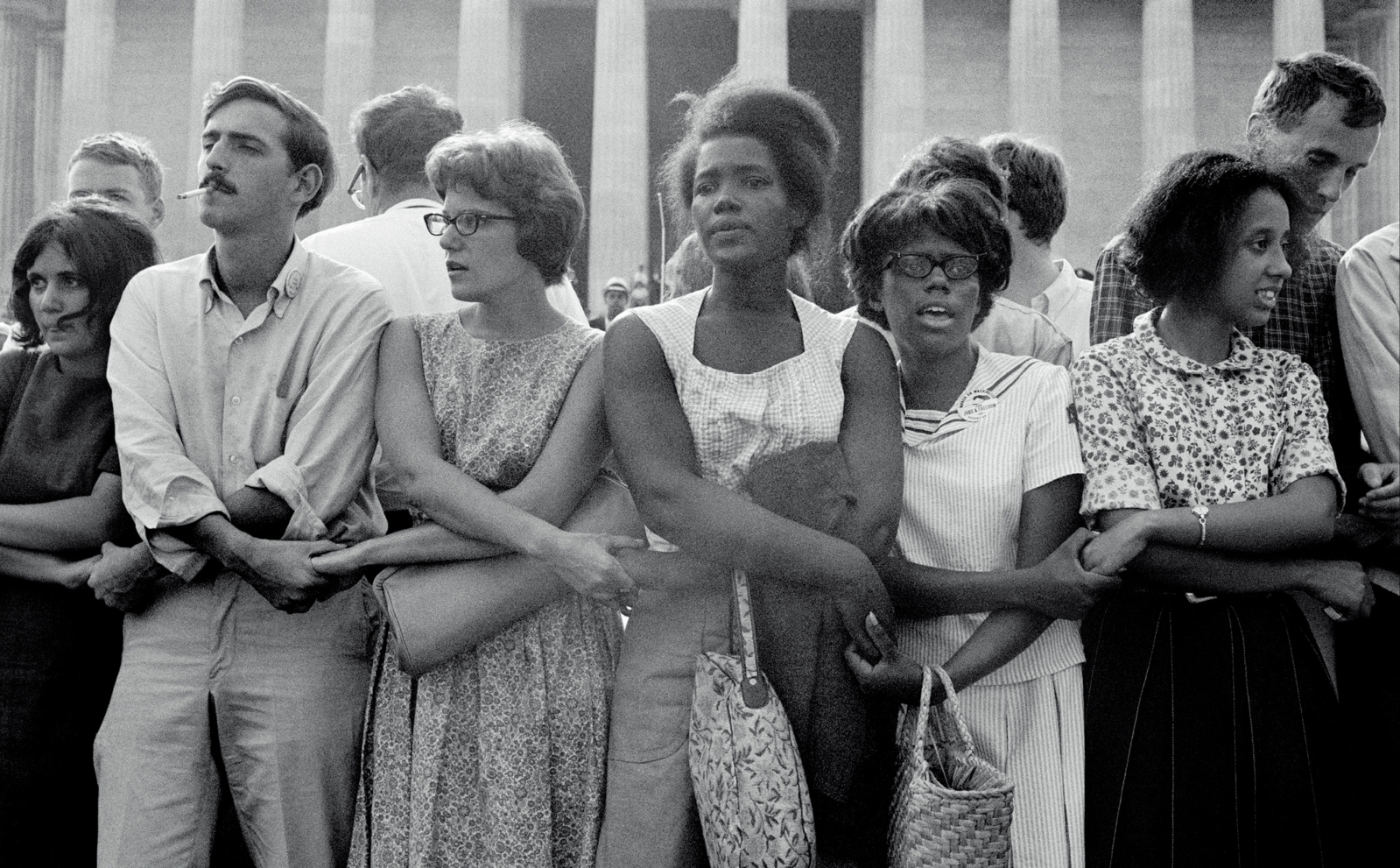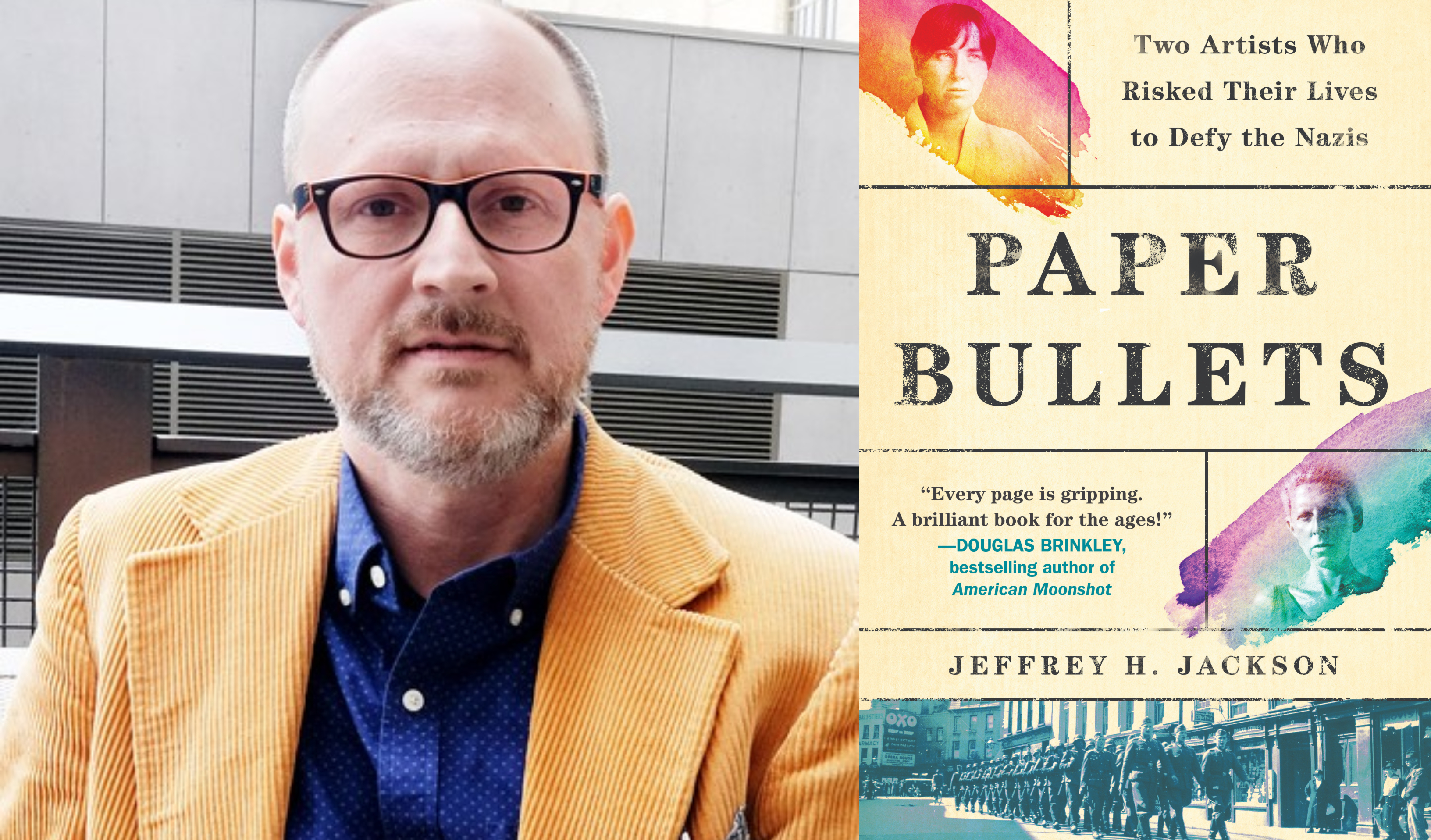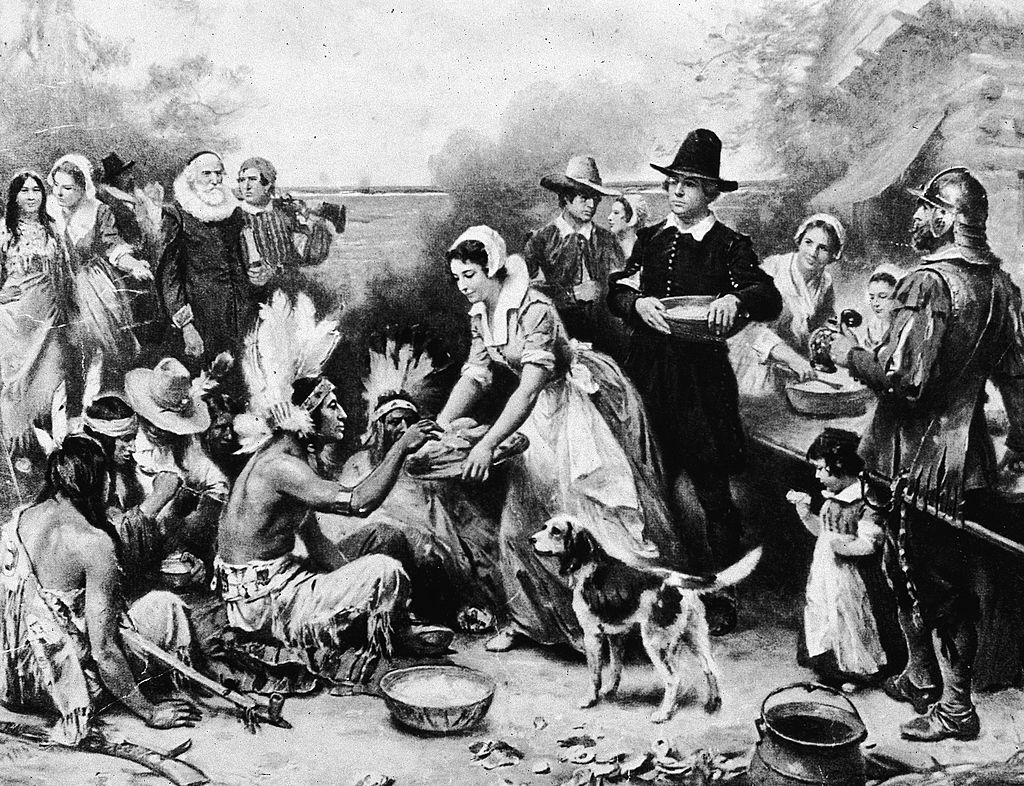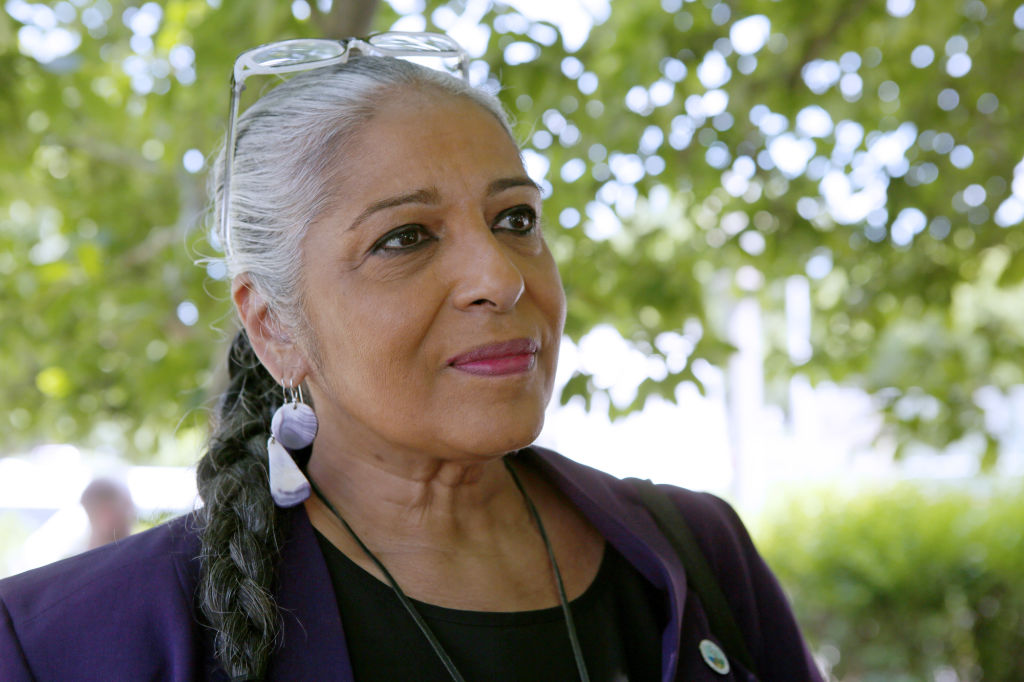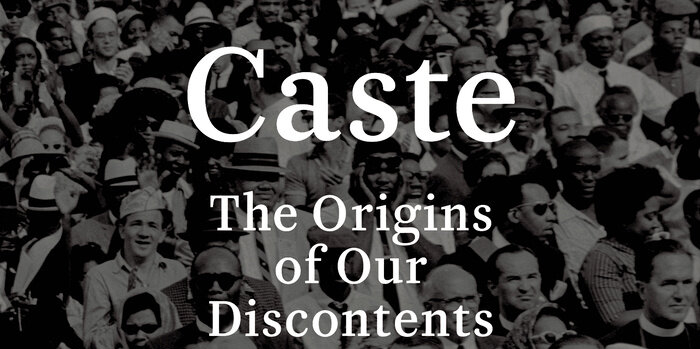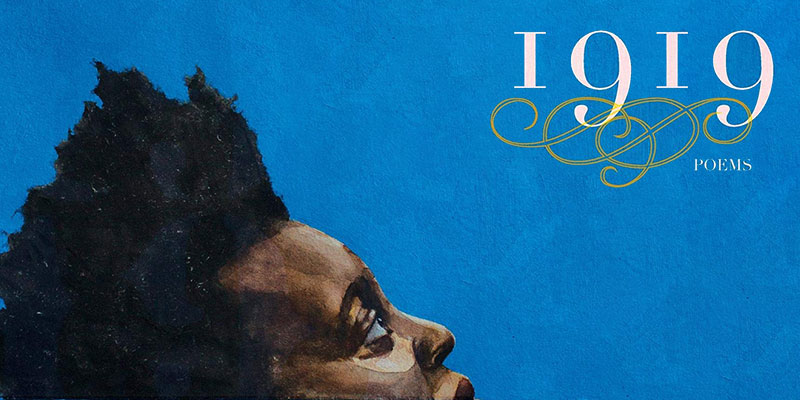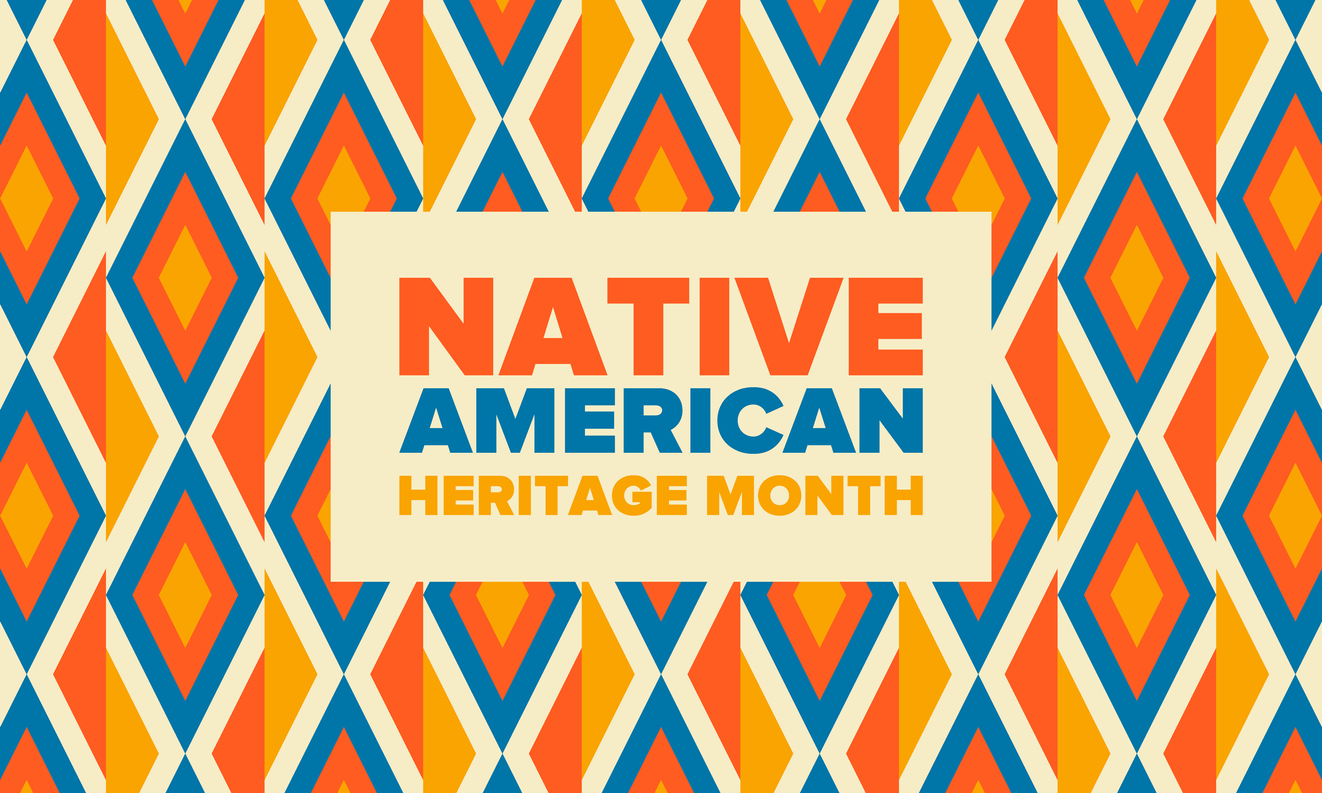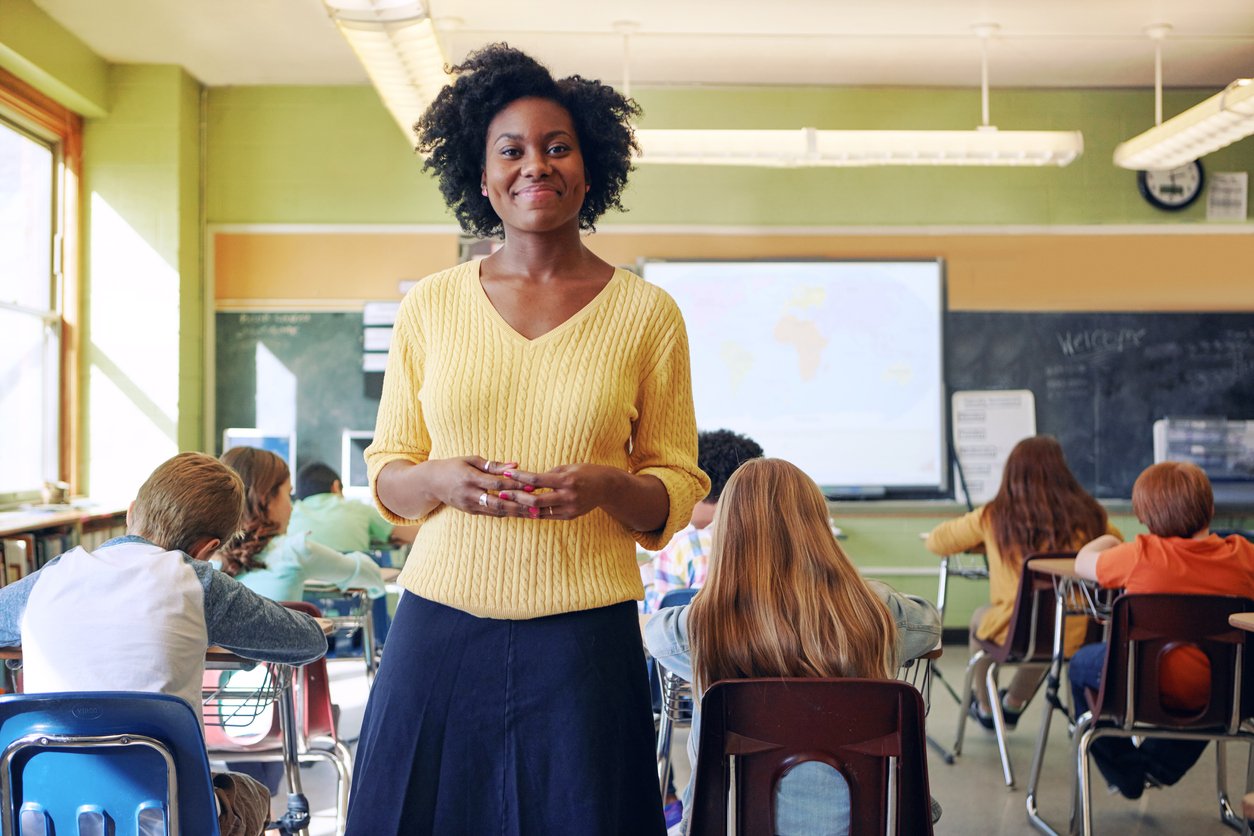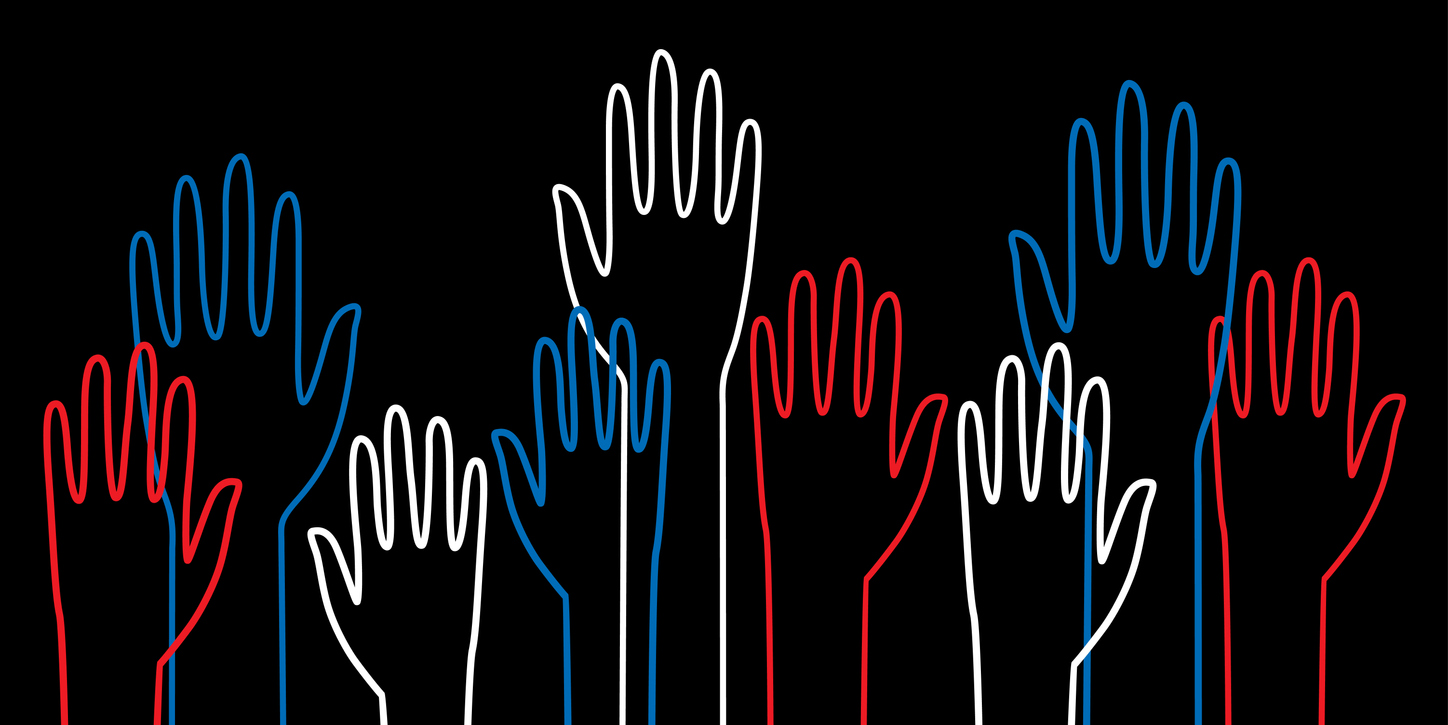During Universal Human Rights Month this December and every month, optimizing classroom activities to foster learning and caring about global human rights is a crucial task of modern educators. For all of the vital information that is available about histories of struggles for human rights and coverage of ongoing struggles, teaching this material demands parallel attention to deepening our capacities for empathy and perspective taking. Based on a bedrock of social-emotional learning (SEL) methodology, Facing History offers these 5 remote-friendly teaching strategies to aid thoughtful teaching in remote and mixed learning environments:
5 Remote-Friendly Teaching Strategies to Deepen Empathy
Posted by Kaitlin Smith on December 15, 2020
Topics: Online Learning, Empathy
Each December, we observe Universal Human Rights Month—an opportunity to reflect upon historical and ongoing struggles for human rights around the globe. Yet understandings of human rights are constantly evolving, raising new questions, and calling into question aspects of social life that some of us take for granted. In the following five books published within the last year, scholars, a biographer, and a memoirist reflect upon different dimensions of human rights, offering educators a number of areas for further exploration of this important subject. Below, the publisher of each title outlines what is to be found within each book:
Topics: Human Rights, Reading List
How One Lesbian Couple Defied the Nazis: An Interview with Dr. Jeffrey Jackson
Posted by Kaitlin Smith on December 2, 2020
In a recent interview, I spoke with Dr. Jeffrey Jackson—Professor of History at Rhodes College and author of Paper Bullets: Two Artists Who Risked Their Lives to Defy the Nazis. In this interview. Dr. Jackson discusses the untold story of Lucy Schwob and Suzanne Malherbe, a French lesbian couple who intervened in the Nazi occupation of the Channel Islands through an expansive artistic campaign during World War II. Better known to art historians by their adopted names of Claude Cahun and Marcel Moore, Schwob and Malherbe’s story of resistance is told for the first time in Dr. Jackson’s new book. Here he shares a first look at their incredible story with Facing History.
Topics: Art, Europe, resistance, LGBTQ
Disrupting Public Memory: The Story of the National Day of Mourning
Posted by Megan Barney on November 24, 2020
For many Americans, the popular story of the first Thanksgiving often goes like this: in 1621, the Pilgrims had recently arrived in what is today Plymouth, Massachusetts—the traditional lands of the Wampanoag and Massachusett people—and were faced with a cold and bitter winter. The Wampanoag people noticed their plight and generously provided the Pilgrims with the means to survive. To provide thanks, the Pilgrims welcomed the Wampanoags to a harmonious feast. This narrative is shared in classrooms across America every year, has persisted in public memory, and is deeply embedded in the national identity of the United States. However, like many exceptionalist narratives in American history, this story is a one-sided understanding that glorifies colonization and ignores the full truth of history, particularly for the Indigenous People of the United States.
Topics: American History, Native Americans
"This is Where Our People Are": Reflections on Plymouth 400
Posted by Charles Thomas Lai FitzGibbon on November 20, 2020
This month, in addition to being National Native American Heritage Month, marks 400 years since the Mayflower landed in Plymouth. Here in Massachusetts—a state named after the indigenous people of the “Great Blue Hill”—many of us are settlers on stolen land. I spoke with Cheryl Andrews-Maltais, Chairwoman of the Wampanoag Tribe of Gay Head Aquinnah based on Martha’s Vineyard, to hear her perspective on this moment, and what we can learn from reflecting on the anniversary.
Topics: American History, Native Americans
“We are responsible for our own ignorance or, with time and openhearted enlightenment, our own wisdom.” —Isabel Wilkerson, Caste: The Origins of Our Discontents
Topics: American History, Europe, Racism
“Our culture has an odd relationship with race: it structures every aspect of American social life, but in ways that can often seem invisible and undetected. Like an electrical current running through water, race has a way of filling space even as it remains invisible.”
—Dr. Eve L. Ewing, Ghosts in the Schoolyard
Topics: Schools, Urban Education, race
Since 1990, November has been National Native American Heritage Month in the United States—an opportunity to attend more deliberately to the histories, experiences, contributions, and ideas of Native American peoples. Though these experiences and archives ought to be top of mind throughout the year, the stakes this month may be even higher than usual. In this moment of national reckoning over the past and future of America, questions surrounding how we conceive of our national origins, who is included, and where we are headed are revealing profound divides. But there is a great deal of knowledge and insight that can be gained from the voices of those whose histories, ideas, and experiences are routinely pushed to the periphery.
Topics: American History, Reading List, Native Americans
Black Women Educators' Roundtable on Teaching and Current Events
Posted by Pamela Donaldson on November 6, 2020
This past September, I had the privilege to speak with Dr. Dena Simmons during a Facing History webinar about how social-emotional learning can help us realize an anti-racist future. It was on the day that the grand jury in Louisville, KY made the decision not to charge anyone for the murder of Breonna Taylor, a 26-year-old unarmed African-American woman fatally shot in her apartment. Both Dr. Simmons and I felt the heaviness of this verdict, and the need to have an honest conversation about the times we are living in as Black women educators. Dr. Simmons has since written an article for ASCD in which she notes that Black women educators always “show up...because we know our work is critical to Black youth in white-dominated school systems...even if it comes at a cost. But we are exhausted.”
Topics: Schools, Teachers, Racism, current events
As we await the outcome of last night’s presidential election, teachers are faced with unique challenges. Many questions surface: How do we process the diverse range of reactions that these events may provoke in our students? And how can we do it without venturing into partisan territory that may alienate, divide, and exclude? How can we process our own emotional reactions to these events while still showing up for students? The answers to these questions will continue to show themselves over the coming weeks but below are a number of resources that educators can use to navigate these demands starting today.
Topics: voting, civil discourse

